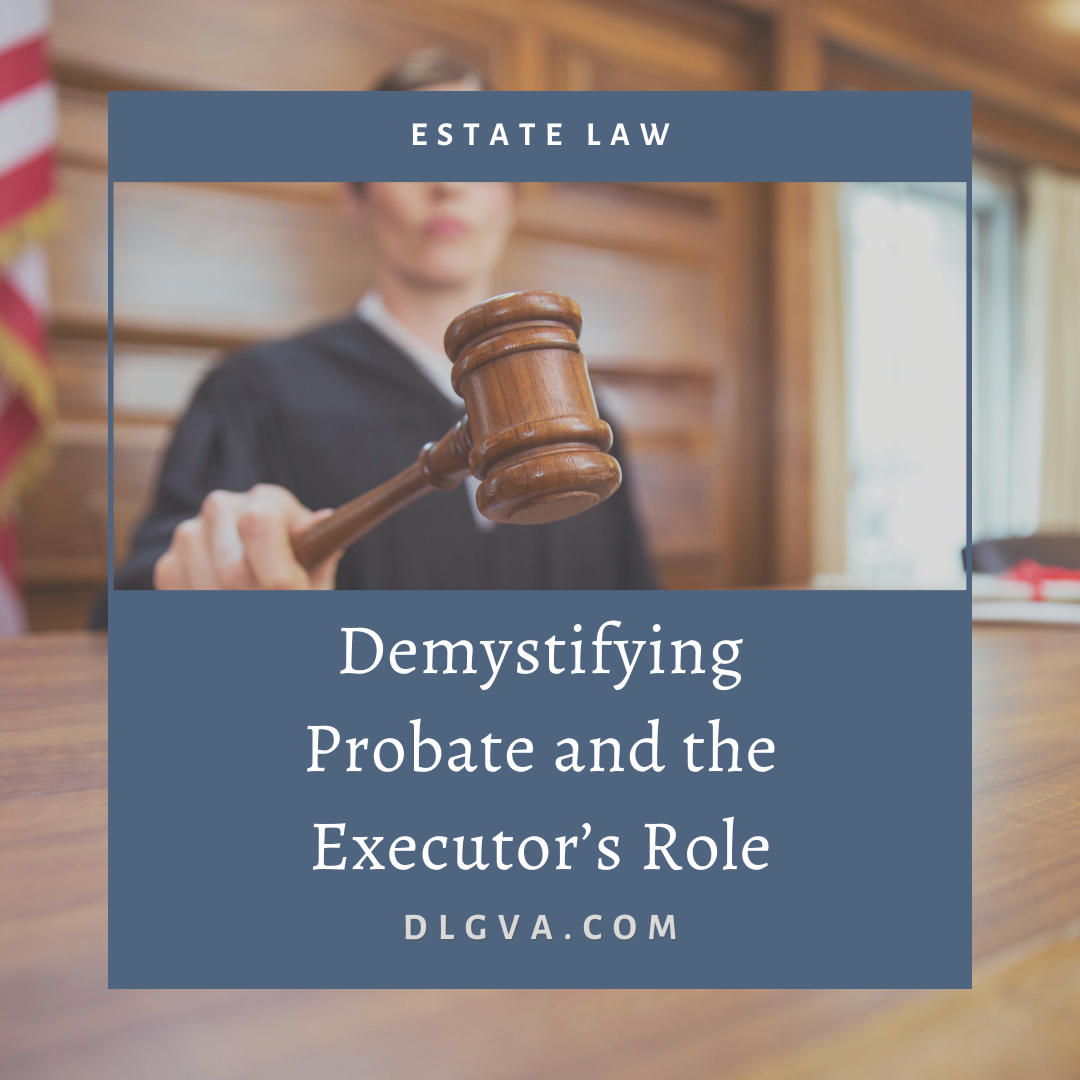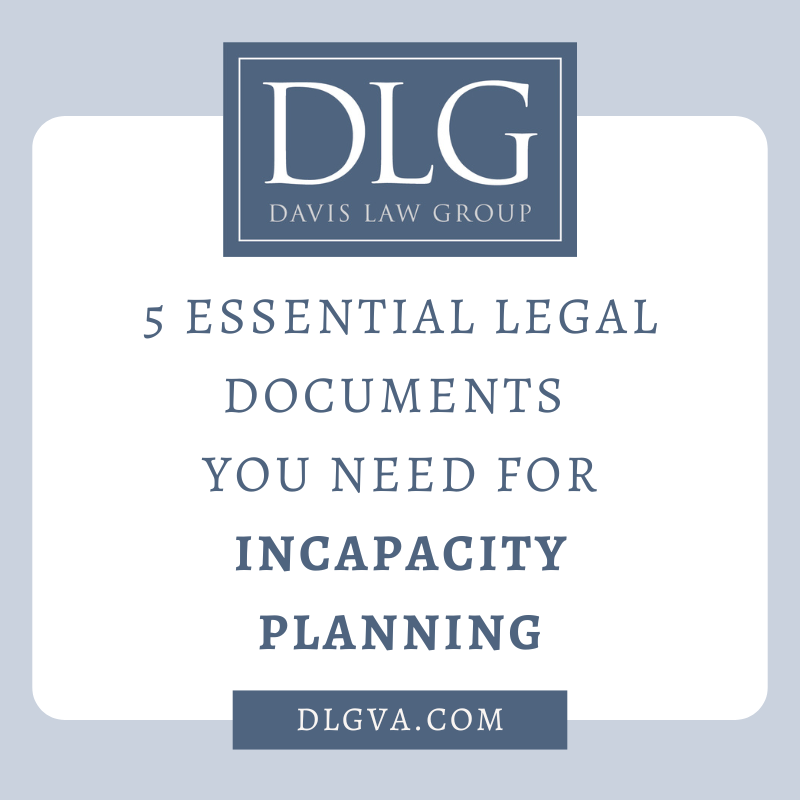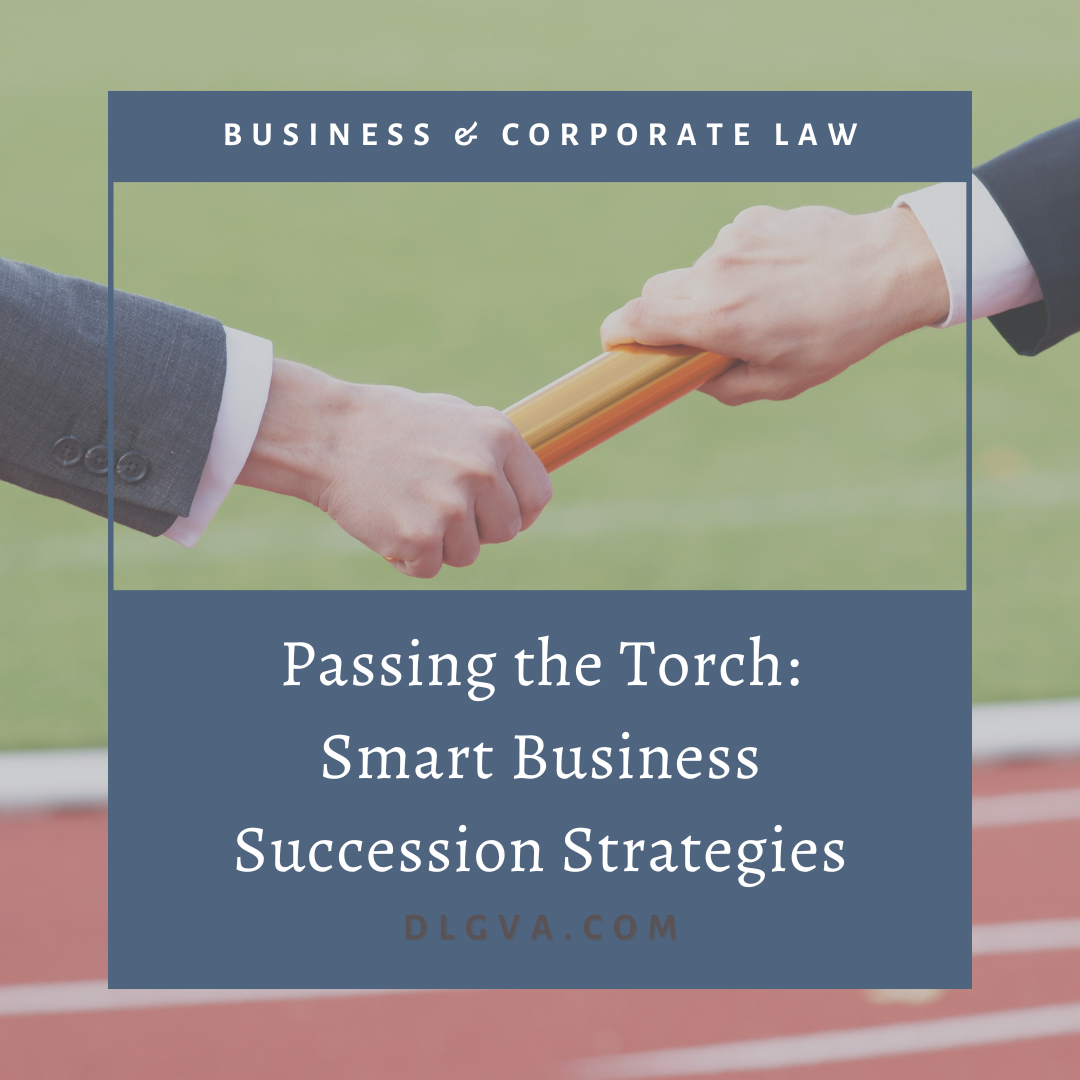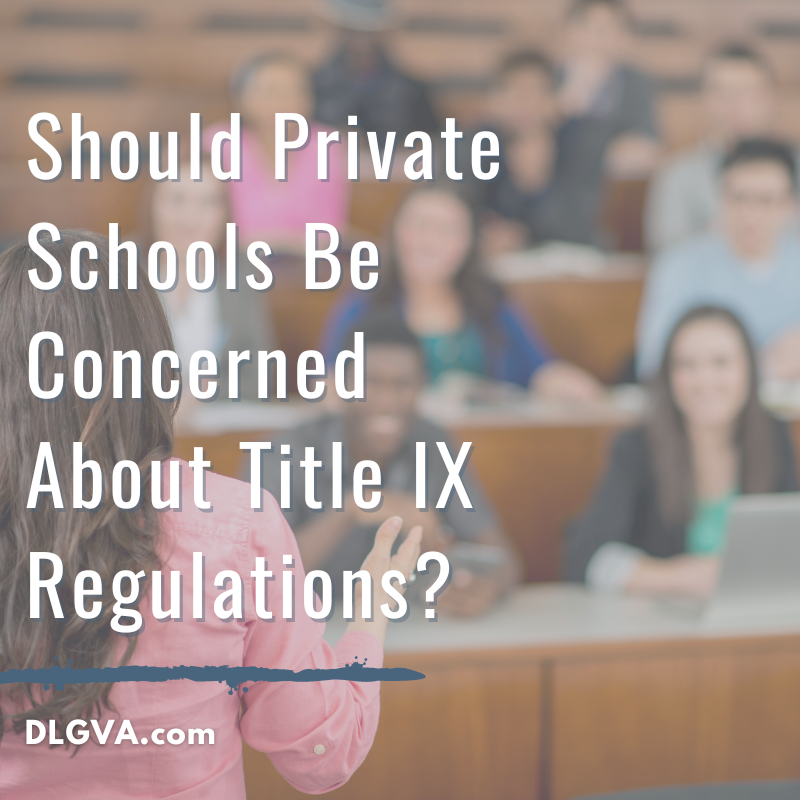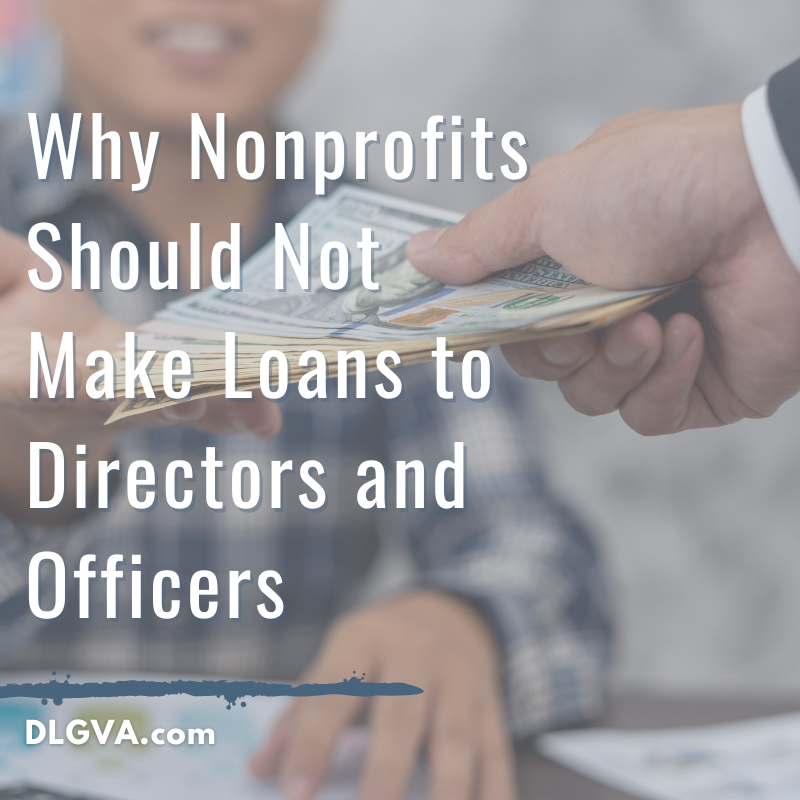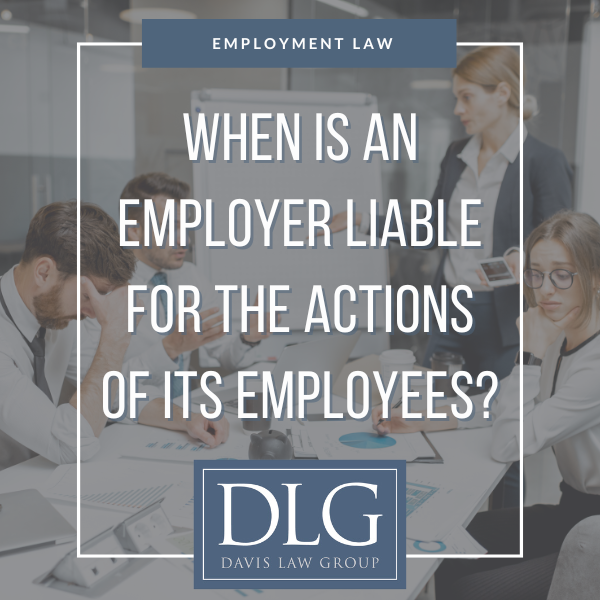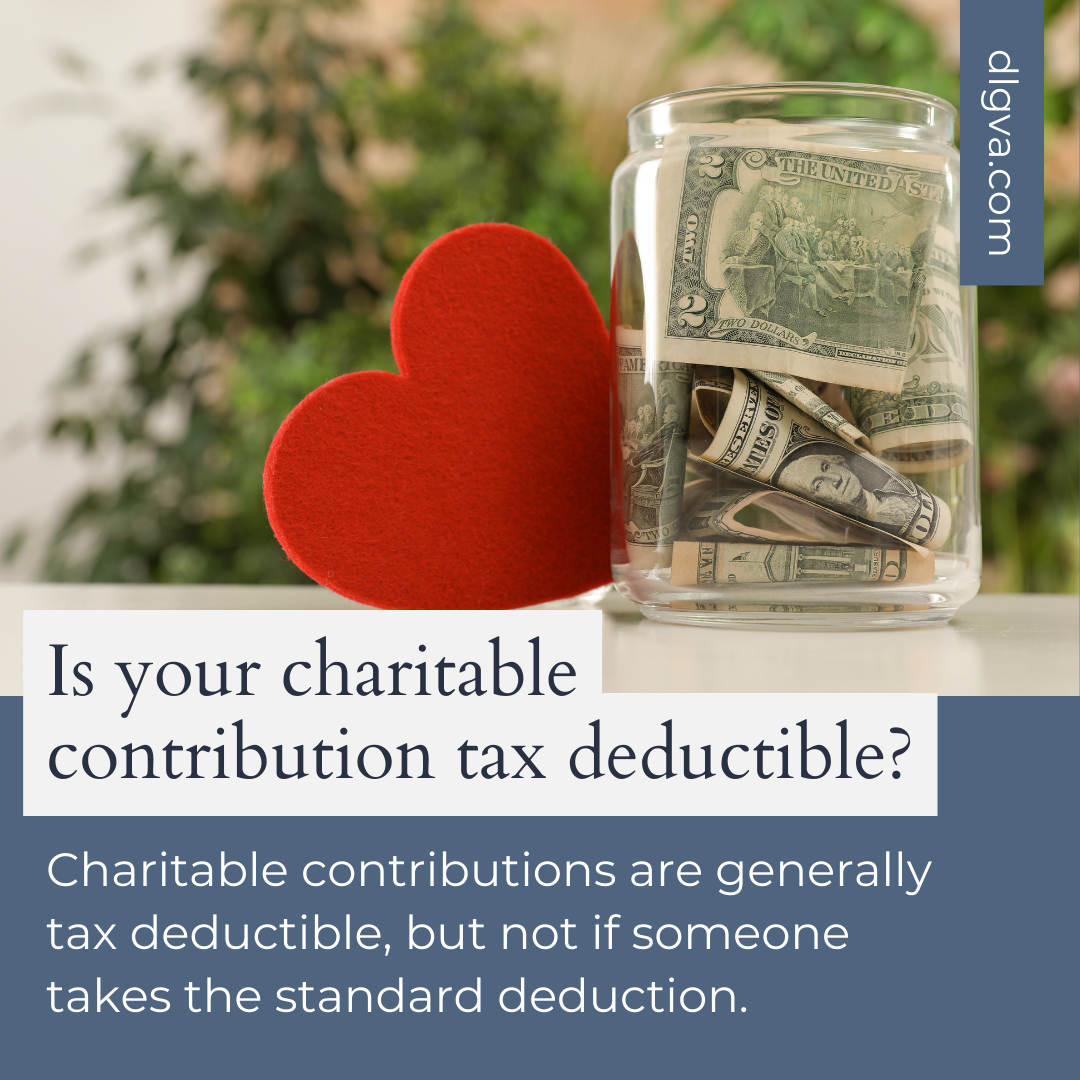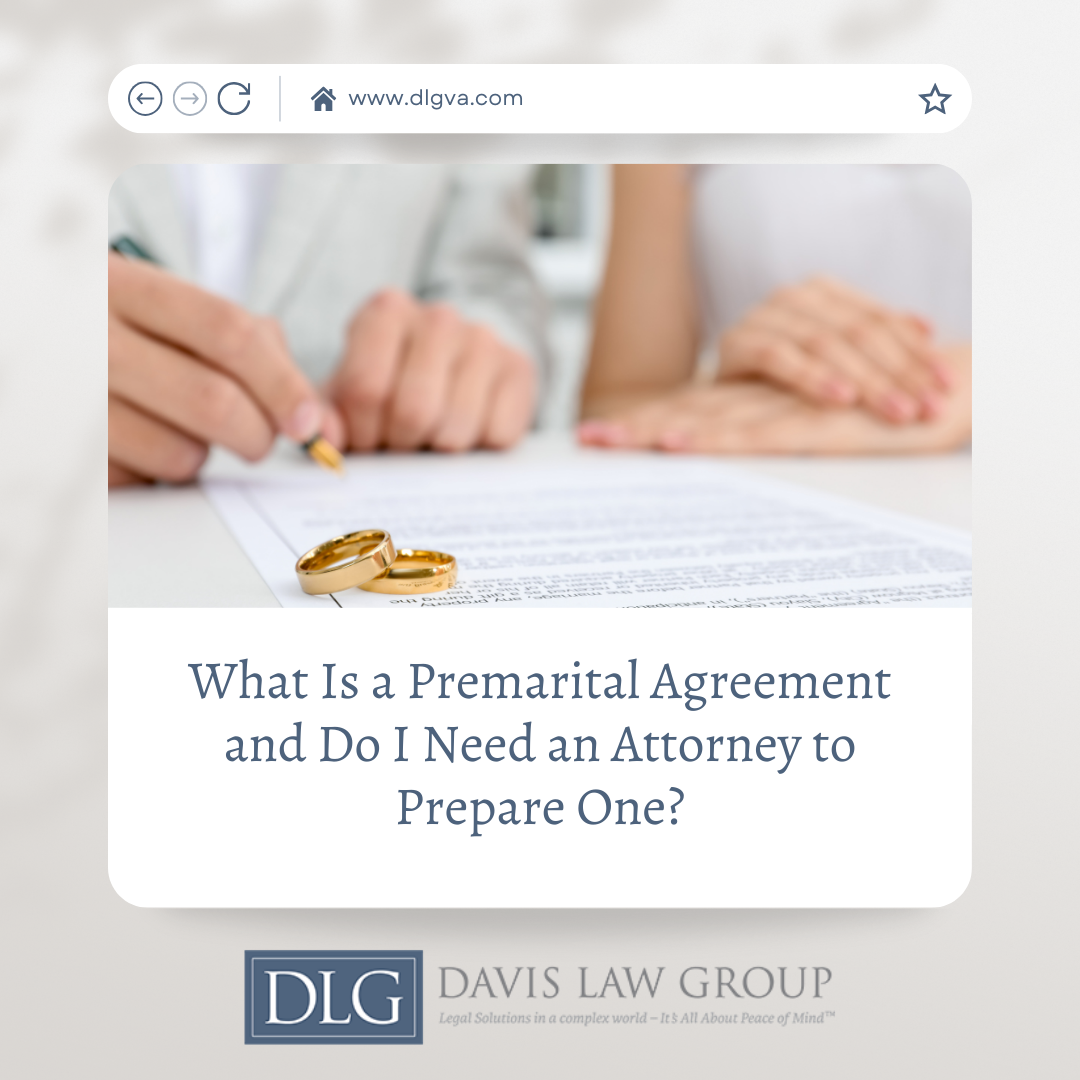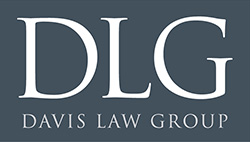By now, you have likely heard about the Setting Every Community Up for Retirement Enhancement Act of 2019 (SECURE Act) and the SECURE 2.0 Act of 2022 (part of the Consolidated Appropriations Act,
Virginia
- You're Here
- Home Tag: Virginia ( Page 2 )
As a millennial, you are contributing to the workforce in a major way and are making positive changes in the world around you. We understand that your concerns may differ from someone of
When creating a last will and testament, one of your most important considerations is who to choose to serve as the executor or administrator of your estate. As the name implies, the role
Comprehensive estate planning involves more than just planning for your legacy after your death, by avoiding probate, and reducing taxes. Good estate planning also appoints people to make legal, financial, and medical decisions
For many business owners, their business is one of the most valuable and important things they own. When it is time to sit down and create an estate plan, it is critical that
A couple in which one spouse is not a U.S. citizen may need to engage in special estate planning. It is important to note that the general estate planning rules do not change
In 2022, a federal district court in Maryland held that tax exemption qualified as federal financial assistance to subject a private religious school to Title IX requirements. Because some small private schools avoid
Nonprofits generally should avoid making loans to officers and directors even though Virginia does not prohibit such loans. In fact, under Va. Code § 13.1-826(9), nonstock corporations explicitly have the power to lend
Virginia allows plaintiffs to recover from the employer of an individual who negligently harms them on three theories: negligent hiring, negligent retention, and vicarious liability. Negligent Hiring & Retention Negligent hiring occurs when
The IRS defines a charitable contribution as a “donation or gift to, or for the use of, a qualified organization.” A charitable contribution must be made voluntarily without an expectation of receiving anything
Our Practice Areas Include:
Blog Categories
Recent Blog Posts
Address
© Davis Law Group | Privacy Policy | Disclaimer | Website creation & maintenance by Bull & Company MediaWorks





